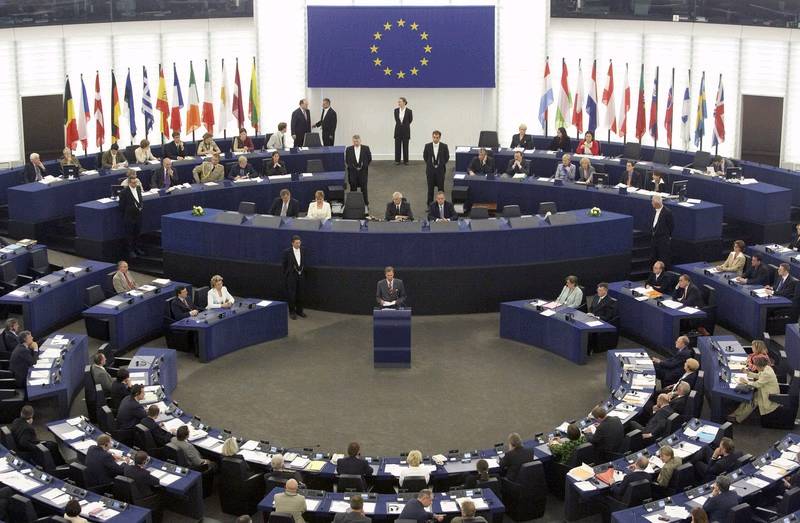COMAGRI and the European Parliament have decided to delay their voting on the Commission’s CAP reform proposals until the New Year, according to a report in the UK Farmers’ Guardian today. The new timetable means that it is unlikely that the new regulations can be agreed between the Council and the Parliament until late in the Irish Presidency in the first semester next year.
The latest CAP reform timetable is:
December 15
- – deadline for compromise amendments to be presented to Agriculture Committee.
January 23/24, 2013
- – CAP vote in Agriculture Committee.
March 2013
- – plenary vote in Parliament.
March 2013 onwards
- – trilogue negotiations between EU Commission, Parliament and EU Ministers.
Whether this means that the new CAP regulations can come into force on 1 January 2014 or not is unclear. In the press report quoted above, the NFU calls on the Agriculture Commissioner to prepare transitional rules on the presumption that this is unlikely to happen.
In my opinion, the most likely outcome now is a delay in the introduction of new Pillar 1 arrangements until 1 January 2015, but the introduction of the CMO and RD regulation changes with effect from 1 January 2014.
The heads of EU paying agencies have made clear that considerable time is needed to implement any changes in direct payments regulations in their IT and payments systems. Thus, it would make most sense to roll-over the start of the new direct payments regulation for one further year. This would just require changing the date in the direct payments regulation. Of course, this would not only postpone the introduction of the green payment but also plans for convergence across member states and within member states. The new member states might look for a down-payment on MS convergence but they do not seem to be in a very strong bargaining position to achieve much in that direction.
In the case of rural development programmes, in the absence of new legislation payments to farmers enrolled in existing multi-annual schemes would continue until the end of their contract period, but no enrolment into new schemes could take place. This puts greater pressure on the Parliament, Council and Commisison to ensure early implementation of the new RD Regulation.
However, the goalposts in the new RD Regulation are much clearer than for the new direct payments regulation. Member states are already preparing their rural development programmes and commissioning ex ante evaluations. In any case, a delay of 4 or 5 months into 2014 in launching new RD programmes does not have the same impact as a delay in making direct payments.
What does this delay in the timetable imply for the co-decision process around CAP decision-making?
The Parliament has been quick to point out that the delay is due to the failure of the Council to date to agree on the MFF budget parameters for 2014-20. However, COMAGRI itself has struggled to deal with its role in the first reading process. Currently, it is amalgamating the around 7,500 amendments (admittedly, many of these are pure drafting amendments and there is a good deal of repetition) into a smaller number of compromise amendments on which committee members can vote.
Whether these would have been ready (including being translated into the different EU languages so that committee members understand what they are asked to vote upon) by the next COMAGRI meeting later this month is not clear. So the additional month extension to 15 December is undoubtedly welcome from COMAGRI’s point of view. The process to date underlines that co-decision may be more democratic but it also takes longer.
Update 9 November: I commented above that the NMS might not be happy if 2014 was a transition year to the revised CAP. In fact, there is nothing to prevent the new DP ceilings from coming into force on 1 January 2014 if the CAP agreement following an MFF agreement is delayed until the middle of next year. What would be delayed would be the new rules setting out the basis for entitlements. Here the new NMS might actually welcome a delay as it would mean they could keep the SAPS scheme for one further year, which is one of their negotiating points in the current negotiations.
This post was written by Alan Matthews.


